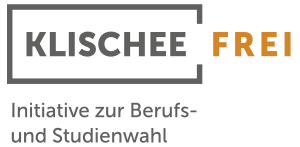ECONtribute: Markets & Public Policy, a joint initiative of the Universities of Bonn and Cologne, aims to advance the analysis of markets & public policy in light of fundamental societal and technological challenges, such as digitalization, global financial crises, rising inequality and political polarization. Since 2019, ECONtribute: Markets & Public Policy is funded as a Cluster of Excellence under the German Excellence Strategy. ECONtribute is the only Cluster of Excellence in Economics and neighbouring disciplines.
The development of responses to these societal challenges requires a comprehensive and innovative approach which takes account of societal objectives beyond economic efficiency, legal and political constraints and makes use of innovative research designs. To this end, the Cluster brings together outstanding researchers from economics and neighboring disciplines – management, psychology, political science and law – from the Universities of Bonn and Cologne and the Max Planck Institute for Research on Collective Goods and organizes their research activities under the roof of the Reinhard Selten Institute (RSI).
The ECONtribute network promotes two-way knowledge exchange between researchers and policymakers.


